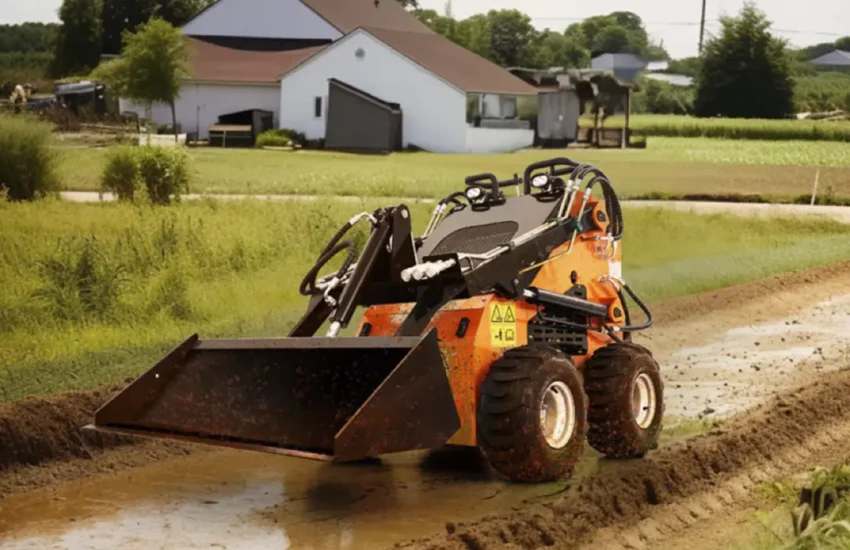Love Your Pool? Pay Attention To These Important Details
Taking care of your pool is important to ensure that it lasts for years and provides you with the best swimming experience possible. There are several steps you can take to keep your pool in top condition and extend its life. In this article, we will go over some of those steps.

How To Get Rid Of Stains In Your Pool
Stains can be unsightly and hard to remove, but there are steps you can take to get rid of them. The first step is to determine what kind of stain it is; a chemical test will help narrow down the cause. Once the cause has been identified, you can use a commercial pool cleaner or an oxalic acid-based cleaner to remove the stain, or simply hire a pool maintenance service to make sure your pool is 100% clean and safe.
If you’re not sure which kind of cleaner to use, consult with your pool professional for guidance. Additionally, make sure you regularly brush and vacuum your pool in order to prevent future stains from forming. You can also call in a professional to remove swimming pool stains if you’re not sure where to start. This will help ensure your pool is safe and clean.
Maintaining Proper pH Levels
It’s important to maintain the proper pH levels in your pool water; this will help reduce wear on your pool’s surface and equipment, as well as extend the life of your chemical treatments. The ideal range for a swimming pool is 7.2 to 7.8 pH. There are a few ways to test and adjust the pH levels of your swimming pool, including pH test strips, liquid reagent kits, or electronic digital testers.
If the pH balance is too low (below 7), you can add sodium carbonate or soda ash to raise it; if it’s too high (above 7.8), you can add muriatic acid or sodium bisulfate to lower it. Don’t forget to check your levels every week and adjust them if needed! It’s also important to note that other chemicals, such as chlorine and algaecides, can affect the pH balance of your pool, so you should be sure to keep an eye on those levels as well.
It’s essential that you follow the instructions of your testing kit or pH adjusters carefully, as overly aggressive adjustments can damage your pool surface and equipment. The right balance isn’t just important for a healthy pool; it also helps ensure that all other treatments remain effective.
For more information on pH testing and adjusting, you can consult your local pool store or a certified pool technician.
Skim Off Leaves And Dirt Regularly
One of the most important and often overlooked aspects of pool maintenance is skimming off leaves and other debris that may have fallen into your pool. Skim off leaves, insects, or dirt from your pool at least once a day to keep your swimming area clean and safe for swimmers.
Before doing so, it’s important to turn off your pump, otherwise, the debris will just be churned up and not removed. For a faster cleaning process, try to use a leaf net with a long handle so you can reach all areas of the pool.
Clean The Pool Filter System
Your pool’s filter system works hard to keep your water clean and hygienic, so it’s important to make sure it is properly maintained. The first step in proper filter system maintenance is to remove and clean the filters regularly. Depending on the type of pool you have, cleaning frequency may vary. It’s best to consult your pool’s manual or contact a local Pool Cleaner Denver or elsewhere for regular cleaning and cleaning recommendations.
When cleaning the filters, it’s important to be careful not to damage the filter material. Start by unscrewing the filter housing lid and locating the basket or cartridge element inside. Remove these components, rinse them with a hose, then use a soft brush or sponge to remove any debris that is stuck on the filters. Once all caked-on materials are removed, replace the filter elements and lid.
It’s also important to clean your pool’s skimmer and pump strainers, which are located inside the pool equipment area. Remove these components and use a hose, brush, or sponge to remove any debris that is stuck on them. Once all particles have been removed, replace the skimmers and strainers.
In conclusion, proper pool maintenance is essential for the longevity of your pool and the safety of its users. Regularly brushing and vacuuming your pool, maintaining proper pH levels, skimming off leaves and dirt regularly, as well as cleaning your filter system are all important steps in ensuring that your swimming area remains clean and enjoyable.
Don’t forget to check your pool manual for any additional instructions or recommendations, and contact a local pool service if you need assistance. With the proper care and maintenance, you can enjoy your swimming area all year long!


